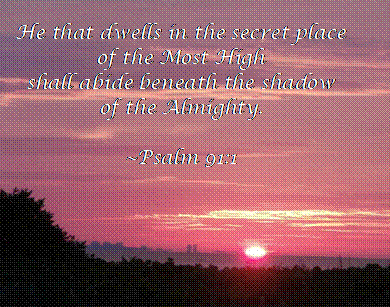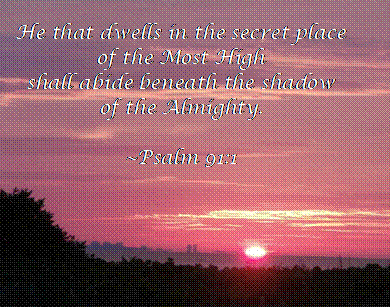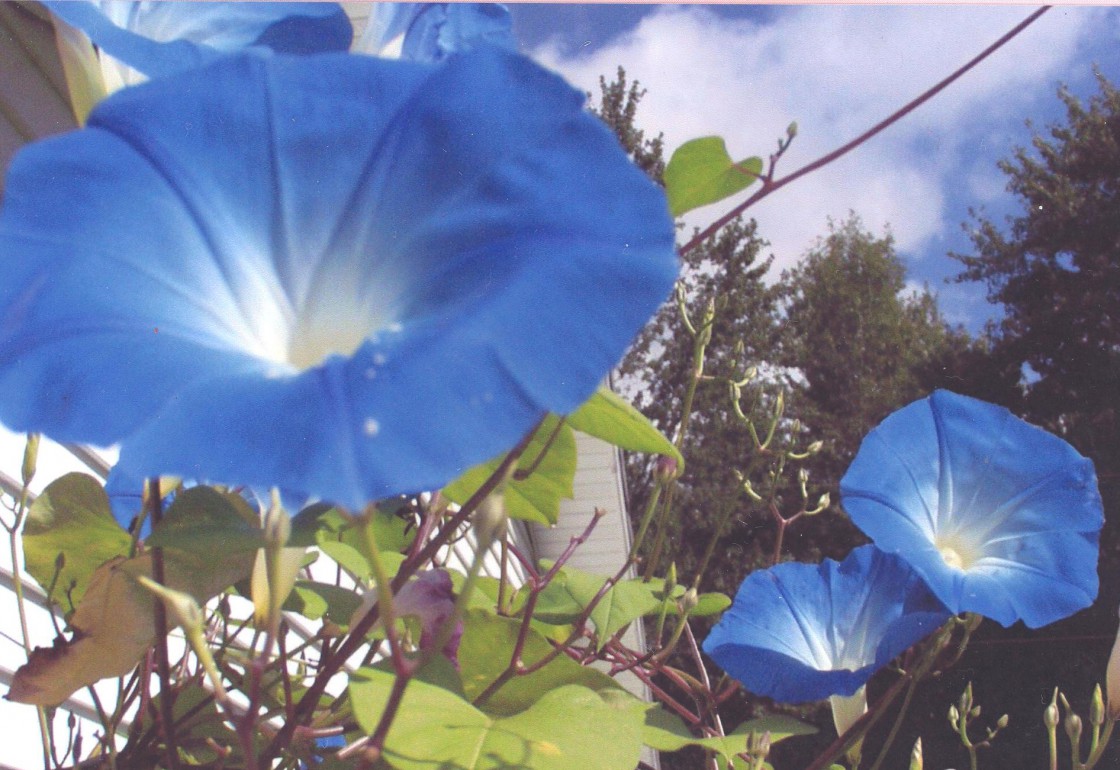
January 3, 2020: Some days the Lord sends a special message to me in the Secret Place of prayer—which can happen anytime, anywhere for me—Amy Carmichael’s poem about prayer comes to mind (the title evades me), “There is a quiet, cloistered place/ As high as heaven, as fair as day/ Where though my foot may join the throng/ My soul can enter in and pray./ One harkening even cannot know/ When I have crossed the threshold o’er,/ For only He Who hears my prayer/ Has heard the shutting of the door.”
Here are some of the Spirit’s whispers to me:
“Our days may come to seventy years,
or eighty, if our strength endures;
yet the best of them are but trouble and sorrow,
for they quickly pass, and we fly away.” ~Psalm 90:10
“Eye has not seen, nor ear heard, nor have entered into the heart of man the things which God has prepared for those who love Him.” ~1 Corinthians 2:9, NKJV
“The Creator Who created all the earthly beauty we have grown to love . . .
the majestic snowcapped peaks of the Alps,
the rushing mountain streams,
the carpets of wildflowers,
the whir of a humming bird’s wings . . .
this is the same Creator who has prepared our heavenly home for us! If God could make the heavens and earth as beautiful as we think they are today – which includes thousands of years of wear and tear, corruption and pollution, sin and selfishness – can you imagine what the new Heaven and the new earth will look like? It will be much more glorious than any eyes have seen, any ears have heard, or any minds have ever conceived.” ~Anne Graham Lotz
“He has made everything beautiful in its time. He has also set eternity in the human heart…” ~Eccl.3:11
“God is most glorified in us when we are most satisfied in Him” (John Piper).
January 26, 2020
Psalm 37:4-7
Take delight in the Lord,
and He will give you the desires of your heart.
Commit your way to the Lord;
trust in Him and He will do this:
He will make your righteous reward shine like the dawn,
your vindication like the noonday sun.
Be still before the Lord
and wait patiently for Him;
Feb 24, 2020: Bill and I flew back to Florida yesterday—3 days after my 5th chemo treatment in this second round of 6 cycles. As the plane was taking off from the Grand Rapids airport, the sun was just rising in the east—golden red. Its brightness reflected on the plane’s wing, and lit the passenger cabin brightly as it rolled across the inner walls and ceiling of the plane. A beautiful song came to mind as we lifted off and up—“And He will raise you up on eagle’s wings/Bear you on the breath of dawn/ Make you to shine like the sun/ And hold you in the palm of His hand.” The song ministered hope and comfort to me. The song is called (I believe) “On Eagle’s Wings.”
March 5, 2020: I have come to realize lately how dependent I am on the Holy Spirit to maintain my sense of connection with the Lord. Total dependence. Sometimes I feel so weak in my spirit that if He does not support me, there is nothing I can do.
At dinner a couple nights ago, conversation drifted toward what it is like to know that one’s days are numbered—like for me to have a death sentence hanging over my head with this cancer diagnosis. Of course, everyone who was ever born has a death sentence hanging over them, but we tend not to think about it, especially when we are young.
But for me, I think about my mortality every day. The cancer diagnosis has caused me to go deeper into my hope of everlasting life. I am looking forward to the next phase in life—life after the death of this body. Since my diagnosis, three acquaintances of mine have died unexpectedly—younger, healthier until very recently for two of them, and an accident for the third.
The question at dinner arose: do I think it is better to know, as I do, and have time to prepare, or, would I prefer to not know ahead of time that my days are numbered? I feel that for me it has been good to have time to process—both personally and for my family. I appreciate having time to put my things in order; to think about my legacy to the family and especially the grandkids. And this knowing gives me opportunity to glorify the Lord each day that He gives me—how can I praise Him for His goodness to me?
March 14,2020: The Corona Virus has become a plague, so it seems. People, even here in the USA, are panicking and clearing out the grocery shelves of food and health products. Fear of quarantine. Today Psalm 91 comes to mind: “There shall no plague come nigh thy dwelling…”
I have to fly home to Michigan tomorrow, amid all the dire warnings about air travel, and how it is dangerous for older folks, like me, and especially if we have an underlying health problem—like me. But I am going to take precautions—and trust Him. My times are in His hands.
March 26, 2020: Psalm 91: “He that dwells in the secret place of the Most High shall abide beneath the shadow of the Almighty (v.1)…you shall not be afraid for the pestilence that stalks in darkness (v.6),…there shall no plague come nigh thy dwelling (v.10)…”
God’s promises await the faith of believers—in the light of what is currently going on in the world with the Covid 19 virus threatening and taking lives, I feel comforted by the promises of Psalm 91. Abiding in the “shadow of the Almighty” is the most safe place anyone could ever be—in life or in death. Having had my most recent chemo treatment last week, combined with my age being over 65, I realize I am in the high risk category. So I am taking the precautions recommended (handwashing, social distancing, sheltering at home) but will not live in fear of this disease. God’s promise covers me.






